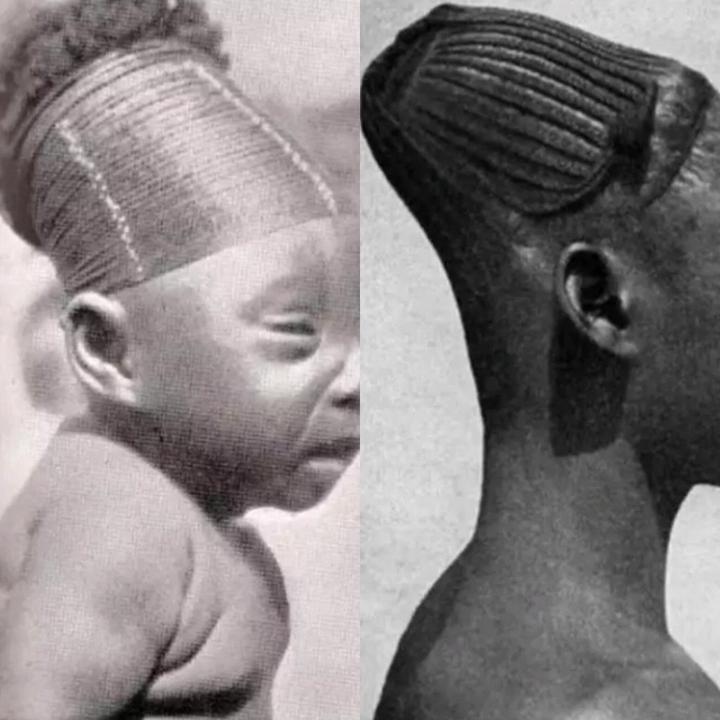Deep within the dense rainforests of northeastern Congo lies the Mangbetu tribe, a people shrouded in mystery and intrigue. With a name that connotes nobility, the Mangbetu have built a rich history and culture that spans centuries.
Hailing from the current Sudan, the Mangbetu tribe migrated to Central Africa in the 19th century, where they established several strong kingdoms. Their relocation to northeastern Congo marked the beginning of a new era, as they adapted to their new surroundings and developed a unique way of life.
The Mangbetu are known for their distinctive cultural practices, one of which is the elongation of newborn babies’ heads. This tradition, which begins a month after birth and continues for two years, involves wrapping the infant’s head in fabric to achieve a desired shape. This practice is a testament to the tribe’s creativity and commitment to their cultural heritage.
In a fascinating display of community and solidarity, the Mangbetu were one of the few indigenous groups in the Congo to pay death benefits until relatively recently. This practice, where the father’s family would compensate the mother’s family for the loss of a loved one, highlights the importance of family ties and social bonds within the tribe.
Today, the Mangbetu continue to thrive in their rainforest home, engaging in farming, fishing, hunting, and gathering to sustain themselves. Their proximity to the settlements of Poko, Isiro, and Rungu has allowed them to maintain a connection with the outside world while preserving their unique cultural identity….Seë_Morë

